Cognitive biases recognition - Cognitive Bias Insights
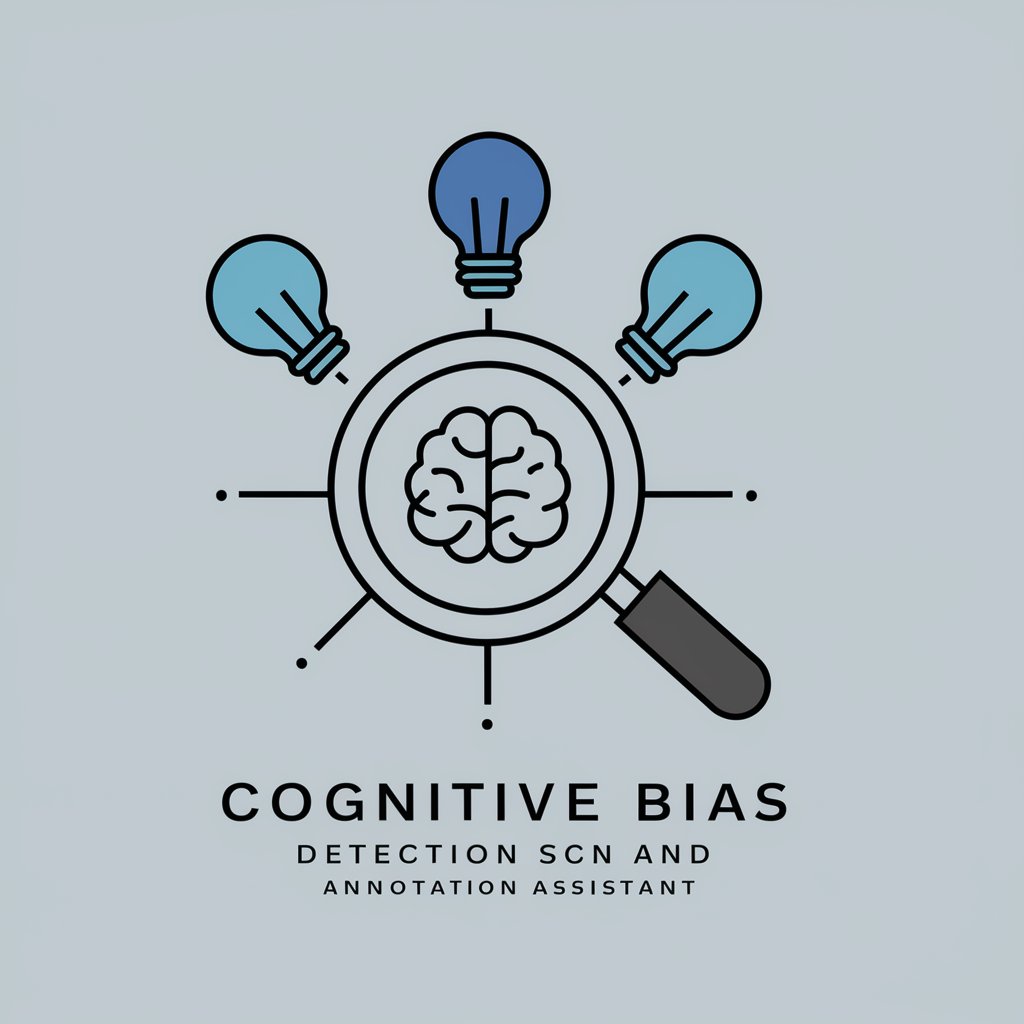
Hello! Ready to uncover some cognitive biases today?
Unveil biases with AI-powered analysis
Analyze a conversation where you suspect cognitive biases are influencing the outcome.
Describe a recent decision you made and let's identify any potential cognitive biases involved.
Share an article or excerpt that you think might contain cognitive biases.
Reflect on a debate you participated in and we'll explore any cognitive biases present.
Get Embed Code
Cognitive Biases Recognition: An Overview
Cognitive biases recognition refers to the identification and understanding of various systematic patterns of deviation from norm or rationality in judgment. These biases arise from several sources, such as information processing shortcuts, the limited processing ability of the brain, emotional and moral motivations, or the influence of social context. For example, confirmation bias, where individuals favor information that confirms their preexisting beliefs, can lead to selective information gathering and may cause one to ignore evidence that contradicts their views. This is often seen in scenarios ranging from everyday decisions to scientific research, where a person might only search for or interpret data in a way that confirms their hypothesis, overlooking or dismissing contrary evidence. Powered by ChatGPT-4o。

Functions of Cognitive Biases Recognition
Enhancing Decision-Making
Example
In financial investing, recognizing the impact of confirmation bias can lead an investor to seek out and consider opposing viewpoints and data, leading to more balanced and less emotionally driven investment decisions.
Scenario
An investor initially feels bullish about a particular stock based on a few positive reports. Upon recognizing their potential for confirmation bias, they deliberately seek out contrary evidence before making their investment decision, leading to a more informed and balanced approach.
Improving Interpersonal Understanding and Communication
Example
Understanding the fundamental attribution error, where people tend to attribute others' actions to their character rather than their situation, can improve empathy and communication in personal and professional relationships.
Scenario
A manager who recognizes they might be prone to the fundamental attribution error might reconsider a snap judgment about an employee's poor performance, considering external factors such as personal stress or a lack of resources, leading to a more understanding and effective management approach.
Facilitating More Effective Problem-Solving
Example
Awareness of the availability heuristic, where individuals overestimate the importance of information that comes to mind easily, can help in evaluating the real risks and benefits of a situation more accurately.
Scenario
A public health official planning a campaign might realize their strategy is overly influenced by recent, high-profile events rather than the most statistically significant health risks, leading to a reallocation of resources to more effectively address public health needs.
Ideal Users of Cognitive Biases Recognition Services
Decision Makers in Business and Government
Leaders and policymakers can benefit from recognizing cognitive biases to make more rational, unbiased decisions that affect their organizations or the public. Understanding biases helps in assessing risks, forecasting, and strategic planning by ensuring decisions are data-driven and not unduly influenced by cognitive distortions.
Educators and Students
In educational settings, both teachers and learners can benefit from understanding cognitive biases to enhance teaching methods, learning strategies, and critical thinking skills. It aids in developing a more analytical approach to processing information and forming judgments.
Healthcare Professionals
Medical practitioners can use cognitive bias recognition to improve diagnostic accuracy by being aware of biases like confirmation bias and availability heuristic, which might influence their judgments and lead to diagnostic errors.
Individuals Seeking Personal Development
Anyone interested in improving their critical thinking, decision-making, and interpersonal relationships can benefit from understanding and recognizing their own cognitive biases. It fosters self-awareness and can lead to more effective personal and professional interactions.

How to Use Cognitive Biases Recognition
1
Start with a visit to yeschat.ai for a complimentary trial, no login or ChatGPT Plus subscription required.
2
Choose a cognitive bias category relevant to your need or interest, such as decision-making, learning, or social interaction.
3
Upload or paste the text you wish to analyze for cognitive biases directly into the tool.
4
Review the annotated text provided by the tool, highlighting specific cognitive biases and their implications.
5
Apply the insights gained to improve your decision-making, writing, or understanding of social dynamics. For optimal experience, regularly use the tool to become more aware of cognitive biases in various contexts.
Try other advanced and practical GPTs
AI事業者ガイドライン案質問チャット
Navigate AI Ethics and Guidelines Effortlessly

Brand Agent
Empowering Your Brand with AI

GPT²
Transforming interactions with AI-driven insights
HealthNutritionistGPT
Empowering Healthy Choices with AI

ArtWizard
Bringing Your Artistic Visions to Life with AI

Squad AI
Empowering teamwork with AI intelligence.
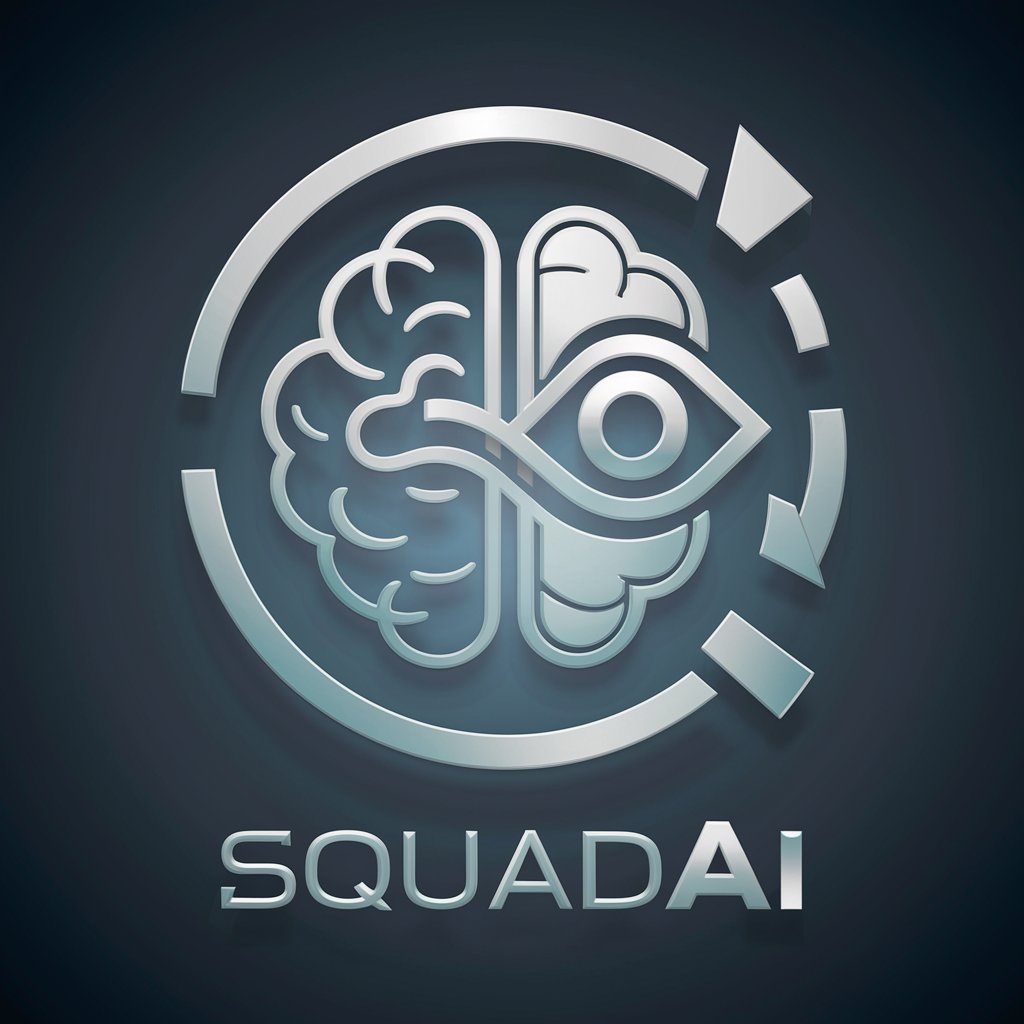
Brand Identity Builder
Craft Your Brand's Future with AI
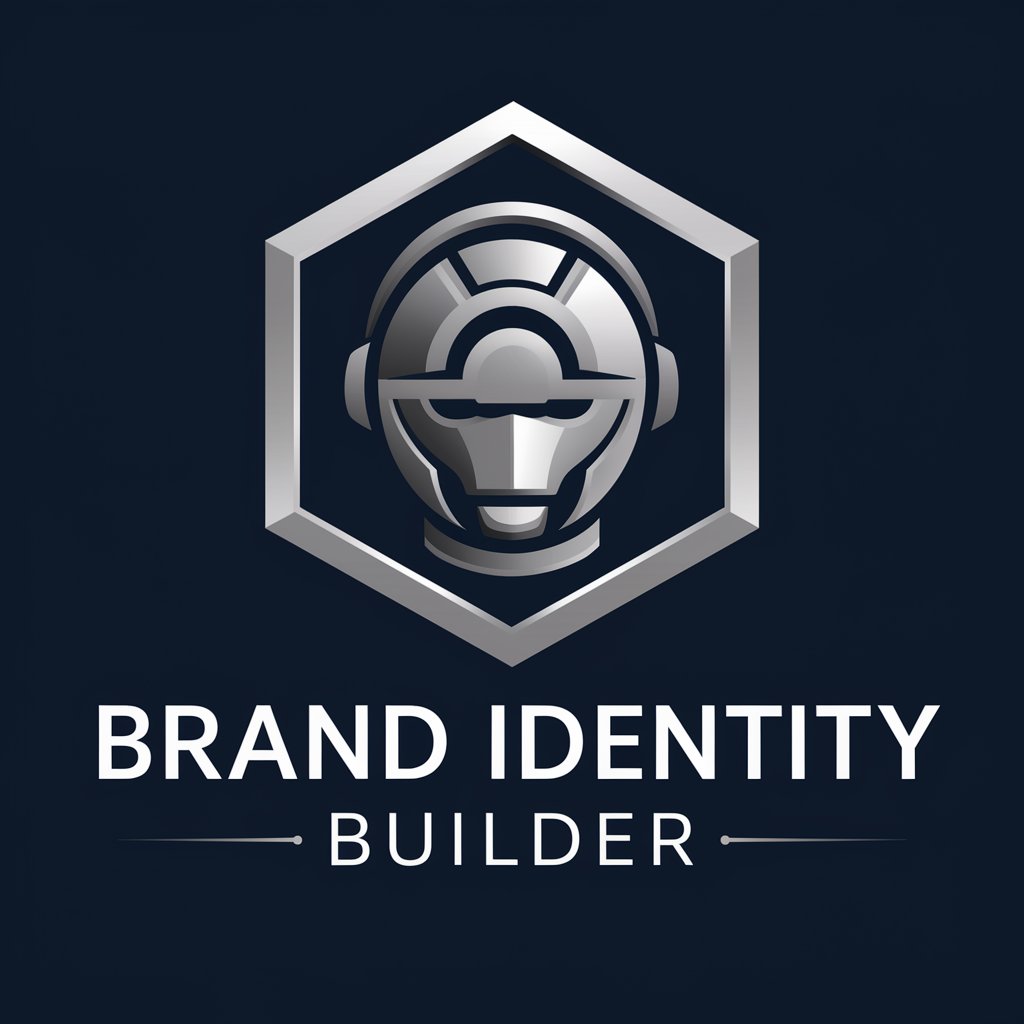
Canada Tax Guide
Navigate Taxes with AI-Powered Precision

Vinnova Guide
Elevate Your Vinnova Applications with AI

Reasoning fallacies recognition
Unveil fallacies with AI-powered precision.
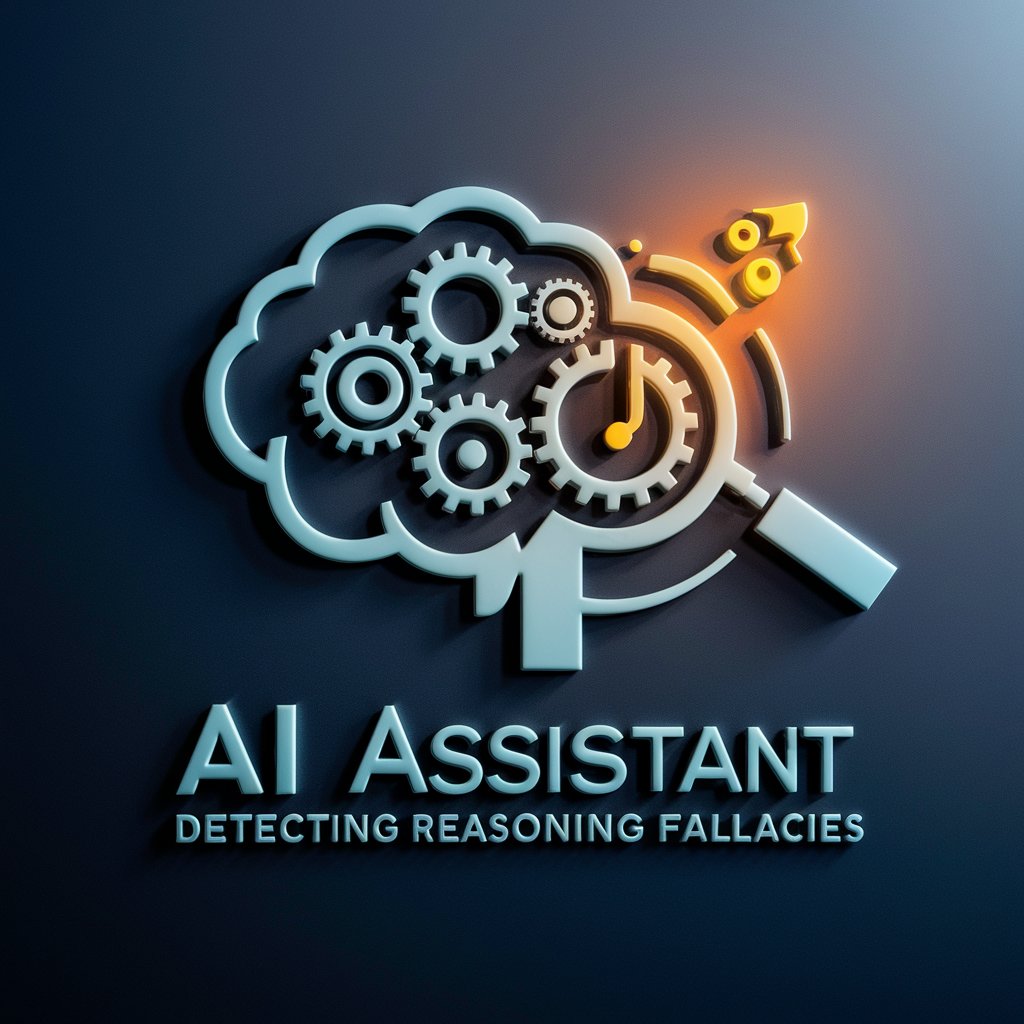
India Tax GPT
Navigating Indian Taxes with AI
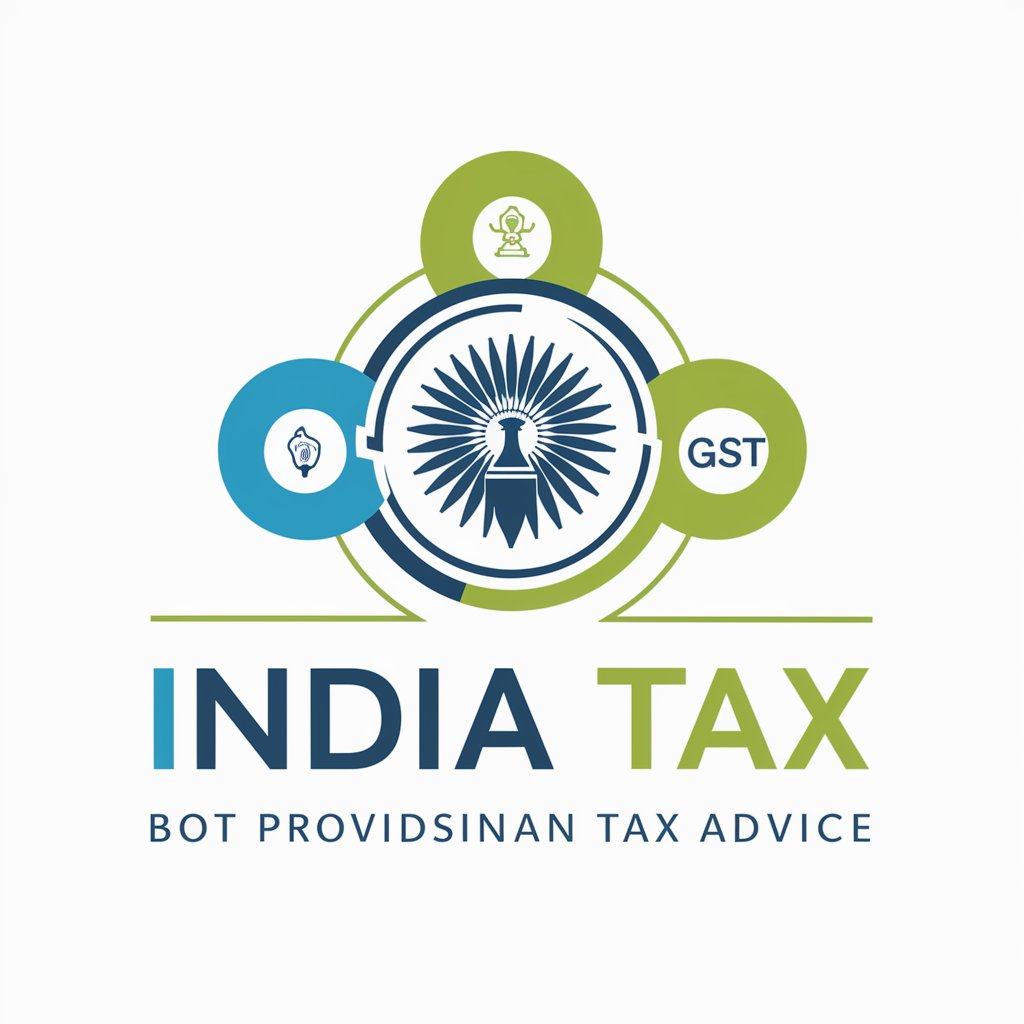
キャリア支援 アシスタント
Empowering Career Decisions with AI
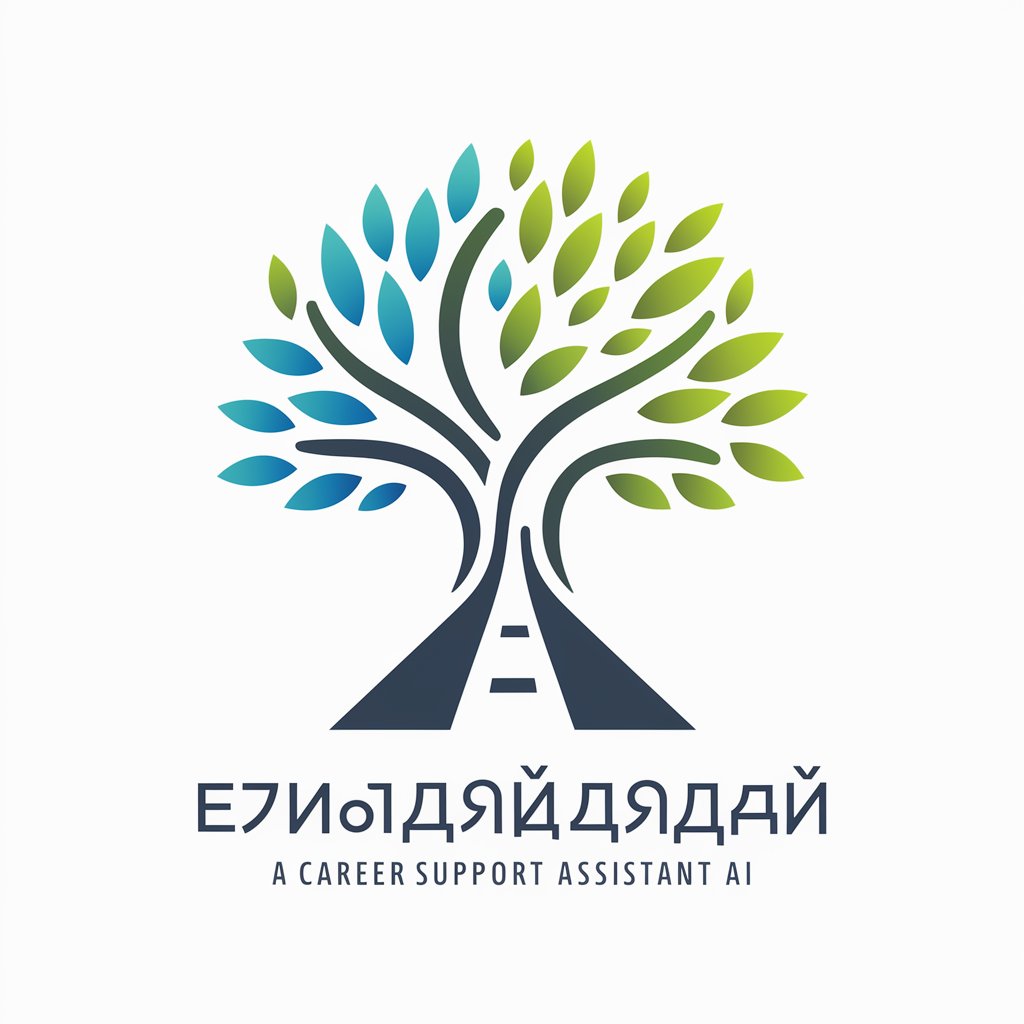
Cognitive Biases Recognition Q&A
What is cognitive biases recognition?
Cognitive biases recognition involves identifying systematic patterns of deviation from norm or rationality in judgment, often underpinning errors in human reasoning, perception, or decision-making.
How can cognitive biases recognition improve decision-making?
By identifying biases like confirmation bias or availability heuristic, individuals can adjust their thought processes to make more informed, rational decisions by considering a wider range of information.
Can cognitive biases recognition help in academic writing?
Yes, recognizing biases such as confirmation bias or the illusion of asymmetric insight can help writers present arguments more objectively and critically evaluate sources.
Is cognitive biases recognition useful in personal relationships?
Absolutely. Understanding biases like the fundamental attribution error can improve empathy and communication by helping individuals see situations from others' perspectives.
How does AI power cognitive biases recognition?
AI analyzes text based on a vast database of cognitive bias patterns, offering precise, unbiased identification and insights into embedded biases, significantly beyond human capability for quick and extensive analysis.
